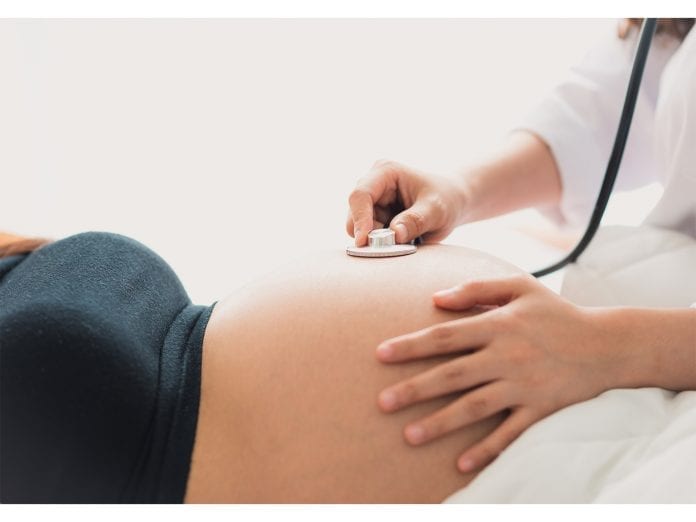Every pregnancy is different. Pregnancy may begin low risk, picking up problems like preeclampsia or gestational diabetes over time, or might be high risk from the beginning. In such cases, you and your baby require special medical care. Sometimes, structural abnormalities in the female reproductive system can enhance such risks. If you carry any pregnancy-related risks, a laparoscopic surgeon might handle your case. However, you can increase the chances of a healthy pregnancy by taking certain precautions. Here are some tips on how you can ward off a high-risk pregnancy.
Ways to Prevent a High-Risk Pregnancy
1. Achieving or maintaining healthy weight before getting pregnant
Being obese or overweight while pregnant makes you more prone to various complications, including gestational diabetes, preeclampsia, high blood pressure and stillbirth. So, if you’re planning to get pregnant, it’s a good idea to know what your healthy weight is and to strive to achieve it beforehand to lower the risk of such complications. Exercise regularly and have a healthy diet to shed those extra kilos. During pregnancy, abide by your doctor’s directions regarding weight gain.
2. Managing pre-existing health problems
Untreated pre-existing disorders can turn your pregnancy high-risk. Some conditions to be mindful of are:
- Diabetes
- Heart disease
- High blood pressure
- Autoimmune disorders like multiple sclerosis, lupus, etc.
- HIV and STDs (sexually transmitted diseases)
Manage your health issues with lifestyle changes and medications before getting pregnant to enable the body to function most effectively while you are carrying your baby to term.
3. Taking prenatal supplements
During pregnancy, the body requires more of specific nutrients for supporting your developing baby. Having a prenatal supplement or vitamin can provide you with calcium, protein, iron and folic acid, which you may not receive from your regular diet.
Speak to a senior consultant regarding your nutritional needs. To get pregnant, you can start taking a prenatal supplement before conceiving. Having prenatal vitamins after childbirth can aid in breastfeeding.
4. Avoiding drugs, tobacco and alcohol
Consuming drugs, tobacco, alcohol and smoking while pregnant can harm your baby’s health. Alcohol abuse during pregnancy can raise your baby’s risk of foetal alcohol spectrum disorder, leading to critical birth defects. Smoking can result in your baby’s low birth weight. Misusing prescription medications or having illegal drugs can also cause birth defects. Besides, your baby might be born with an addiction to the drug you consumed while pregnant. So, use only prescription drugs during your pregnancy.
5. Knowing the risks of older maternal age
Your vulnerability to pregnancy complications, like trouble becoming pregnant, miscarriage and the baby’s genetic problems, increases after you cross 35 years. Fertility starts reducing gradually from around 30 years of age.
Typical complications that women who are 35 years or more might experience, are:
- Requiring a caesarean birth
- Preeclampsia
- Gestational diabetes
- Low birth weight
- Premature birth
In your 20s, you face the least pregnancy risks. Visit an expert obstetrician gynaecologist to have your reproductive organs checked if you get pregnant or plan for the same. If you’re planning a pregnancy or are pregnant, you can book an appointment with the best gynaecologist in Delhi at the Apollo Hospitals to know if you’re prone to a high-risk pregnancy.

